#intersectional feminist theory
Text
It's always "Read Transfeminism! Read works by trans women!" in response to conversations on trans men and transandrophobia as a concept until it's pointed out the trans women being used as meat shields for these people's arguments have recognized that their scope is/was limited and that trans men and other trans people also deserve a voice and place at the table.
From Emi Koyama's 2002 postscript of the Transfeminist Manifesto [ pdf ]:
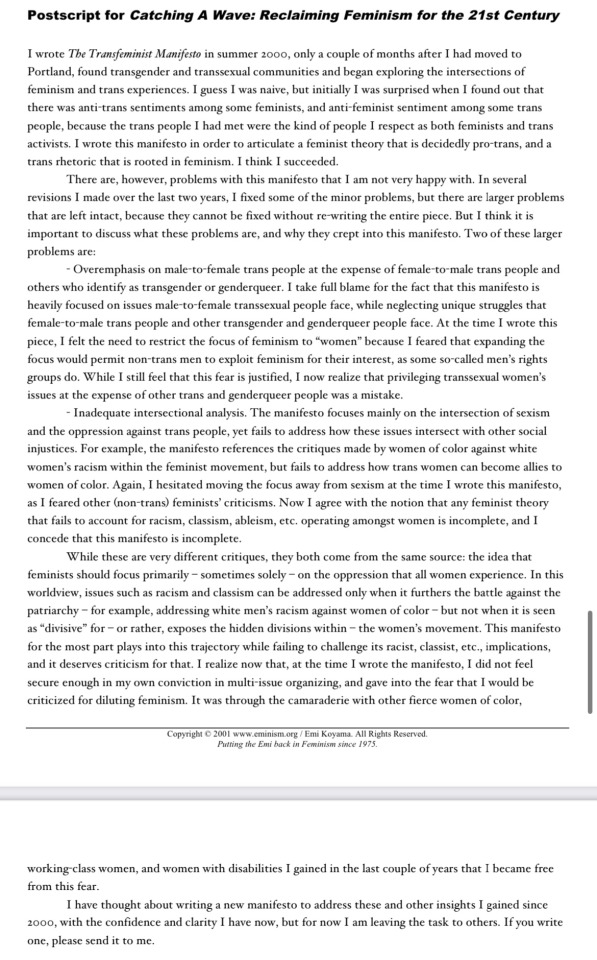
Julia Serano in 2021 on her Medium site [ link ]:
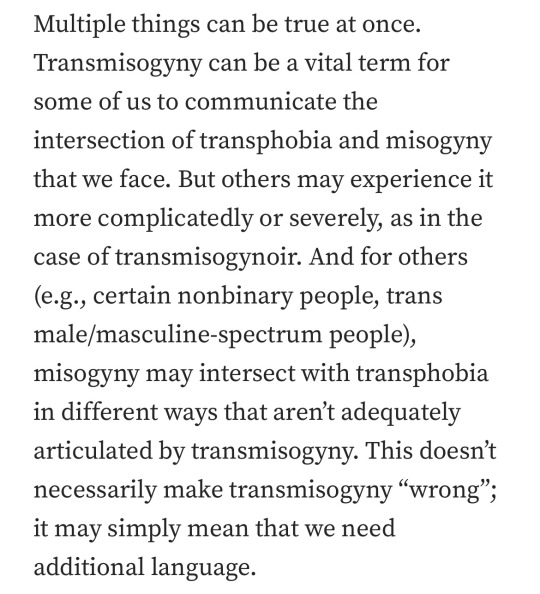
I also think it's vitally important that Emi Koyama calls direct attention to the fact that she came to reevaluate her positions because she was engaging with other women of color, disabled women, and working class women. Engaging with feminism that doesn't center around your own identity and instead places more diverse voices into your space is a net good. More perspectives are good. They help you self evaluate and understand how you and those around you actually fit into these larger systems in ways you're unable to in an echo chamber of the self.
#undescribed#transandrophobia#transfeminism#emi koyama#julia serano#theory#intersectional feminism#intersectional feminist theory#original post
989 notes
·
View notes
Text
“The most oppressed man finds a being to oppress, his wife: she is the proletarian of the proletarian.”
Flora Tristan, “The Emancipation of Woman, or the Testament of the Pariah” (1843)
#flora tristan#socialism#socialist#socialist feminist#marxist feminism#marxist feminist#marxism#marxist#feminism#feminist theory#marxist theory#socialist theory#radical feminism#radfem#radical feminist#liberal feminism#liberal feminist#libfem#intersectionality#intersectional feminist#intersectional feminism#gender roles#women in politics#peruvian#french#peruvian politics#french politics
2K notes
·
View notes
Text

#leningrad#lenin#leftism#anti capitalism#communism#socialism#anarchy#marxist leninist#vladimir lenin#stalin#karl marx#soviet union#marxism leninism#october revolution#bolsheviks#radical feminism#anti feminism#feminism#tweet#womens rights#fuck the patriarchy#feminist theory#female erasure#intersectional feminism
117 notes
·
View notes
Text
“Feminism requires supporting women in a struggle to exist in this world. What do I mean by women here? I am referring to all those who travel under the sign women. No feminism worthy of its name would use the sexist idea ‘women born women’ to create the edges of feminist community, to render trans women into ‘not women,’ or ‘not born women,’ or into men. No one is born a woman; it is an assignment (not just a sign, but also a task or an imperative) that can shape us; make us; and break us… There can be violence at stake in being recognizable as women; there can be violence at stake in not being recognizable as women.”
- Sara Ahmed, ‘Living a Feminist Life’’
#I am in love with this book#sara ahmed#living a feminist life#feminist theory#intersectional feminism#trans-inclusive feminism
203 notes
·
View notes
Text
something needs to be said about cishet men who think it is 'insulting' to tell a woman that she will be living alone with her cats when she's old & grey if she doesn't (essentially) cater to patriarchal values
aside from the fact that lifestyle being comfortable for so many of us (& what did cats ever do to you? aside from probably having more maturity & emotional intelligence) is that it is statistically untrue.
single & childfree women are the happiest on the planet. women's mental/overall health improves when she's not married to men. women patients are also far more likely to be accompanied by loved ones (kids/relatives/friends) to appointments compared to men in all stages of her life.
so what is it here that makes them believe a statement like this could 'put a woman in her place'? could it be the ways in which young boys & men are taught women need men to feel a sense of validation, safety & love? and that when women say they don't, they resort to reinforcing biological essentialist discourse because controlling women's bodies is a tale as old as time?
i think part of the uncomfortable truth for so many of cishet men is that their identities, having been shaped around heteronormativity in ways it has for women with specific roles and expectations, has been challenged in ways that no longer benefit/are relevant to most women (of course i acknowledge cross-cultural exceptions, such as matriarchies & countries where equity/inclusivity has been/is a genuine a focus)
but access to autonomy in many ways is key here & women growing/unlearning/learning about themselves in ways that reinforce their choices, their desires, their wants over someone else's is what men here are really threatened by.
like women can want to have men as romantic/sexual partners, but they don't NEED men & those men in turn get angry because they aren't able to control the narrative about women needing men to be happy.
the fear of being alone is ironic because ultimately if women, who have been perpetually objectified in patriarchal, white supremacist, capitalistic, sexist, misogynistic societies, are saying enough is enough & are finding ways outside of heteronormativity to feel fulfillment then the one's most scared of being alone are mostly cishet men.
the 'old cat lady' sentiment will always be an ageist/sexist/misogynistic sentiment meant to guilt/shame women for doing what is best for them. and is entirely a projection on his end, which is ultimately very pathetic.
#feminism#feminist#intersectional feminism#intersectionality#patriarchy#womens rights#empoweringwomen#gender ideology#gender theory#queer
157 notes
·
View notes
Text
Feminist Non-Fiction Recs
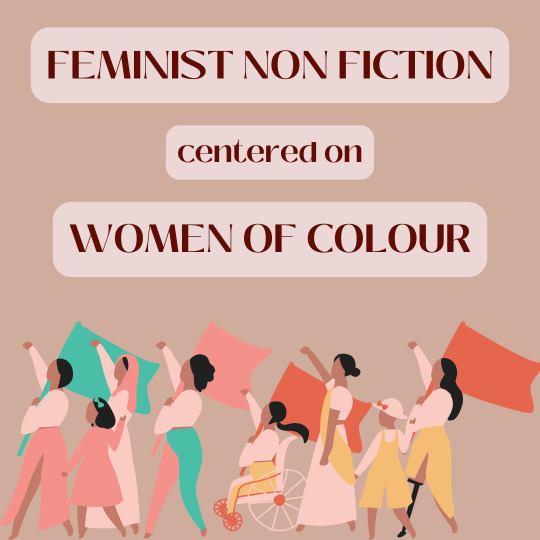
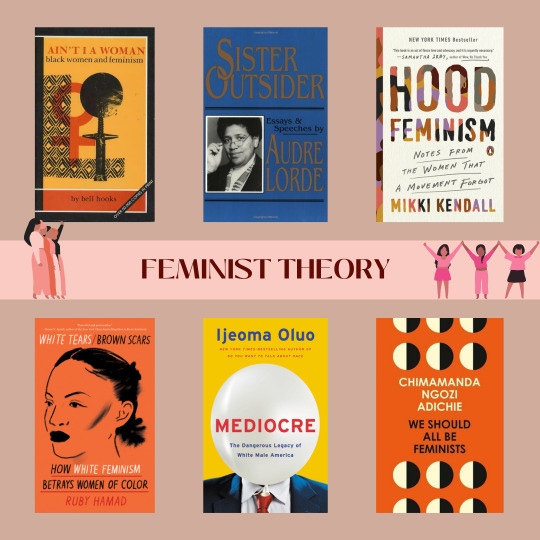


Because feminism isn't only about your own voice and your own rights, but about the liberation of all women, it's important to uplift the voices of women who are rarely heard. To honour this international day of Women's Rights, here are some recommendations for non-fiction feminist theory books centered on women of colour.
Please note that this is a non-exhaustive list, and that some very important works might not figure on it. Take it as inspiration, not as a binding list of works to have read, and remember that this is only the surface of women of colour's writings on feminism.
all of bell hooks' books, but I would recommend "Ain't I a Woman: Black Women and Feminism" to start with intersectional feminism
There Is No Hierarchy of Oppression; by Audre Lorde
Sister Outsider; by Audre Lorde (all of Audre Lorde, actually)
Hood Feminism; by Mikki Kendall
White Tears, Brown Scars; by Ruby Hamad
Mediocre; Ijeoma Oluo
We Should All Be Feminists; by Chimamanda Ngozi Adichie
This Bridge Called My Back; an anthology edited by Cherríe Moraga and Gloria E. Anzaldúa
Bad Feminist; by Roxane Gay
I Am Malala; by Malala Yousafzai
Black Feminist Thought: Knowledge, Consciousness, and the Politics of Empowerment; by Patricia Hill Collins
Arab & Arab American Feminisms: Gender, Violence, & Belonging; an anthology edited by Rabab Abduhaldi, Evelyn Alsultany and Nadine Naber
Making Space for Indigenous Feminism; an anthology edited by Joyce Green
Beyond Veiled Clichés: The Real Lives of Arab Women; by Amal Awad
The Trouble with White Women: A Counterhistory of Feminism; by Kyla Schuller
A Decolonial Feminism; Françoise Vergès
Eloquent Rage: A Black Feminist Discovers Her Superpower; by Brittney Cooper
Women, Race, & Class; by Angela Y. Davis
These books really only scrape the surface of an intersectional approach of feminism focused on race, and if you want to discover more works, I would recommend looking at intersectional feminism and decolonial feminism. Also, if you're not a native English speaker or if you speak fluently multiple languages, I recommend looking for feminist books originally written in other languages that may not have been translated to English, as they offer a perspective that is not so American-centered, which I feel is the case in too much of today's feminism.
#international women's day#feminist books#feminist theory#intersectional feminism#decolonial feminism#women of color#non fiction books#book recs#book recommendations
65 notes
·
View notes
Text
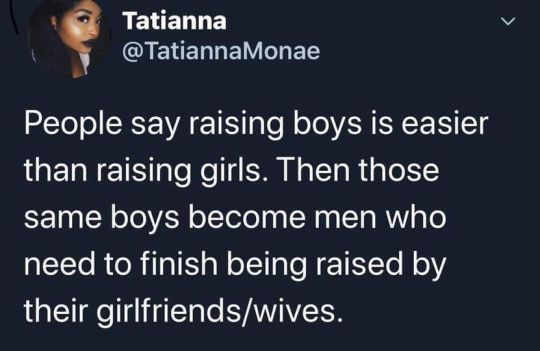
#liberal feminism#intersectional feminism#radical feminism#feminism#feminist#patriarchy#misandry#intersectionality#womens rights#radical feminist#gender equality#radical feminists please interact#radical feminist theory#radical feminists do interact
182 notes
·
View notes
Text
"He forces her to become that thing that causes erection, then holds himself helpless and powerless when he is aroused by her. His fury when she is not that thing, when she is either more or less than that thing, is intense and punishing."
Andrea Dworkin, P0rnography
#radical feminist theory#radfem#radblr#radical feminists please interact#radical feminist community#radical feminism#feminism#intersectional feminism#andrea dworkin#antiporn
718 notes
·
View notes
Text
The Watchlist: Feminist Films
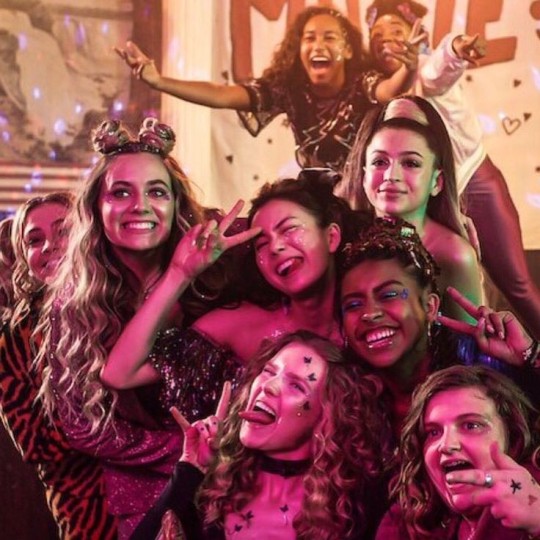
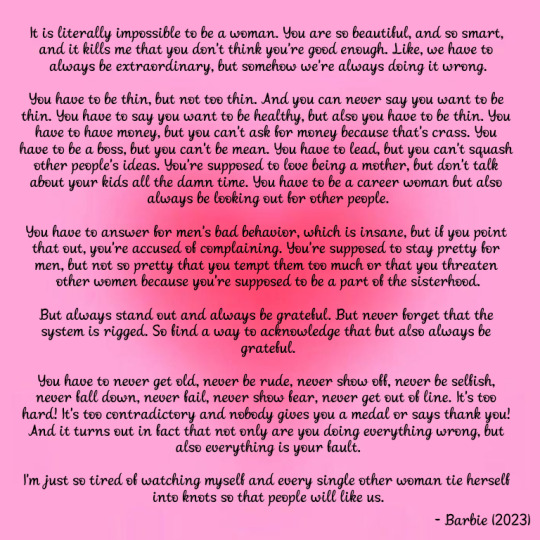
His Girl Friday (1940)
The Color Purple (1985)
10 Things I Hate About You (1999)
Erin Brockovich (2000)
Miss Congeniality (2000)
Legally Blonde (2001)
Frida (2002)
Kill Bill Vol. 1 (2003)
Kill Bill Vol. 2 (2004)
Pride & Prejudice (2005)
Persepolis (2007)
Brave (2012)
The Punk Singer (2013)
Suffragette (2015)
He Named Me Malala (2015)
Hidden Figures (2016)
Moana (2016)
Battle Of The Sexes (2017)
Wonder Woman (2017)
Little Women (2019)
Portrait Of A Lady On Fire (2019)
Miss Americana (2020)
Enola Holmes (2020)
Moxie (2021)
She Said (2022)
Barbie (2023)
#feminism#feminist films#feminism is for everybody#feminist#intersectional feminism#feminist theory#feminist film list#film list#film recommendation#films#movie#movie list#movie rec list#movie recommendation#movie recs#film recommendations#punk rock feminism#riot girl#riot ghoul#riot grrrl#feminist fiction#women's history#women's rights#women#suffragette
41 notes
·
View notes
Text
“An intrusive, insistent violence punctures every woman’s life. As it violates, dismembers, and destroys she is expected to respond peacefully, carefully, commodifying her trauma for others to rally around— The morally righteous path to political change.”
-Nimmi Gowrinathin, excerpt from Radicalizing Her: Why women choose violence
#marxist feminism#marxist feminist#intersectional feminism#radfems dni#radfems fuck off#feminist theory#socialism#marxist#communist#communism#socialist#marxist leninist#socialist feminist#feminism#feminist#left wing#leftist
38 notes
·
View notes
Text
Anyway - onto a thought that I am still workshopping but am feeling more confident about as I slowly chip through my own studies.
Culturally, the term TERF is linguistically functional. It currently serves a functional purpose and has a particular history. So: I'm prefacing this idea with the fact that I'm explicitly not saying that we should stop using it or anything like that.
However, I do think we should maybe examine where and why and how we use it more because so many people don't actually understand what the "Radical Feminist" part of TERFism actually looks like because I think they get caught up on the "Trans Exclusionary" part. This creates a soft barrier between discussions on TERFism and Radical Feminism as a whole in a lot of ways and I think that's damaging our own fight against their rhetoric.
As I've continued to study Radfem literature to try and untangle the wheres and hows and whys of Radfem rhetoric filling so much of general feminist discourse (even in otherwise not-Radfem spaces) it's been clear from the get-go that Radical Feminism has always inherently been transphobic/Trans Exclusionary. It's been clear that it always will be and there is no way around it. It's been baked into the ideology for the last 50+ years. It's foundational to the ideology and cannot be separated from it.
TERFism is moreso a matter of TERFs specifically leaning into and bring out the transphobia as an even more politically extremist subgroup of an already politically extremist ideology. It's hyper-distilled Radical Feminism essentially.
Because of that though - the term "Trans Exclusionary Radical Feminist" is kind of like saying "Wet Water" instead of "Water" when talking about something like purified drinking water and lake water. There are differences between purified drinking water and lake water, but the differences between them aren't based on the idea that one kind of water is wet and the other isn't, you know?
There are differences between TERFs and other Radfems, but the difference isn't actually that one group is trans exclusionary while the other isn't. All Radical Feminism is inherently trans exclusionary. All water is wet even when it's been purified.
Does that metaphor make sense? I want it to be really clear that I'm talking about the term itself and the way the term is kind of obscurative - I'm not criticizing it's rhetorical function. I feel like the metaphor falls apart a little bit but most metaphors do if you scrutinize them enough. I think the idea is being conveyed though?
213 notes
·
View notes
Text
I feel like the thing Mulan (1998) accomplished better than any other Disney ‘princess’ film was how her society valued women based off 1. their attractiveness and 2. their ability to be submissive.
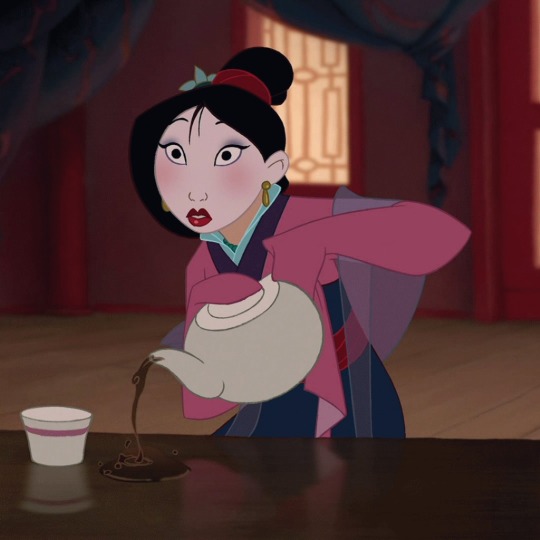
Other Disney movies (ex. Beauty and the Beast) make references to the misogyny women face for being unable to fulfill traditional female roles, but the disgusting standards aren't explored nearly as much as they are in Mulan. The entire song “You'll Bring Honor to Us All” focuses on all these horrible beauty standards she is expected to uphold:
“With good breeding/ And a tiny waist”
“Like a lotus blossom/ Soft and pale”
“a perfect porcelain doll”
But the song also reflects the social status of women and their roles in society:
“Boys will gladly go to war for you”
“A girl can bring her family/ Great honor in one way/ By striking a good match”
“Men want girls with good taste/ Calm/ Obedient/ Who work fast-paced”
“A man by bearing arms/ A girl by bearing sons”

Mulan’s reflection of this caricature she is meant to become is so much more powerful and sticks out even compared to other more recent Disney movies (Frozen, The Princess and the Frog, etc.)
I personally feel like Mulan is the only ‘princess’ who does not fall into the society's expectations of feminity in come category. She does not seek to become an object, and she defies the roles her society wants her to uphold. Mulan is the only Disney film that shows the impossible standards women are given. The only film that comes close to this would be Brave.
#Disney films#disney princess#mulan#hua mulan#mulan (1998)#feminism#feminist#feminist theory#gender roles#gender theory#oppression of women#radical feminism#radical feminist#radfem#libfem#liberal feminist#liberal feminism#intersectionality#intersectional feminist#intersectional feminism#beauty standards#asian feminism#chinese feminism#asian beauty standards
3K notes
·
View notes
Text
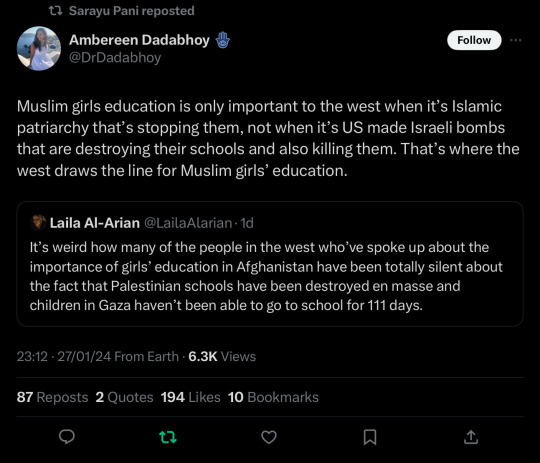
#radical feminism#communism#socialism#anti capitalism#anarchy#leftism#feminism#fuck the patriarchy#misandry#sexism#liberal feminism#womens rights#intersectional feminism#radical feminist theory#radical feminists do interact#tweet#intelligence#disease#ethics#radical feminist community#radical feminists do touch#radical feminist safe#child care
68 notes
·
View notes
Text
I have three assignments due by next week and I haven't got a CLUE
10 notes
·
View notes
Text
She [the mestiza] puts history through a sieve, winnows out the lies, looks at the forces that we as a race, as women, have been a part of. Luego bota lo que no vale, los desmientos, los desencuentros, el embrutecimiento. Aguarda el juicio, hondo y enraizado, de la gente antigua. This step is a conscious rupture with all oppressive traditions of all cultures and religions. She communicates that rupture, documents the struggle. She reinterprets history, and using new symbols, she shapes new myths. She adopts new perspectives toward the darkskinned, women and queers. She strengthens her tolerance (and intolerance) for ambiguity. She is willing to share, to make herself vulnerable to foreign ways of seeing and thinking. She surrenders all notions of safety, of the familiar. Deconstruct, construct. She becomes a nahual, able to transform herself into a tree, a coyote, into another person. She learns to transform the small "I" into the total Self. Se hace moldeadora de su alma. Segun la concepción que tiene de sí misma, así será.
— Gloria Anzaldúa, "La conciencia de la mestiza: Towards a new consciousness."
Follow Diary of A Philosopher for more quotes!
#lit#literature#quote#quotes#gloria anzaldua#colonialism#native american#mestizo#mestiza#philosophy quote#philosophy quotes#philosophy#feminist#feminist philosophy#queer theory#intersectional feminism#dark academia#light academia#latine#latin#latin america#south america#central america
4 notes
·
View notes
Text
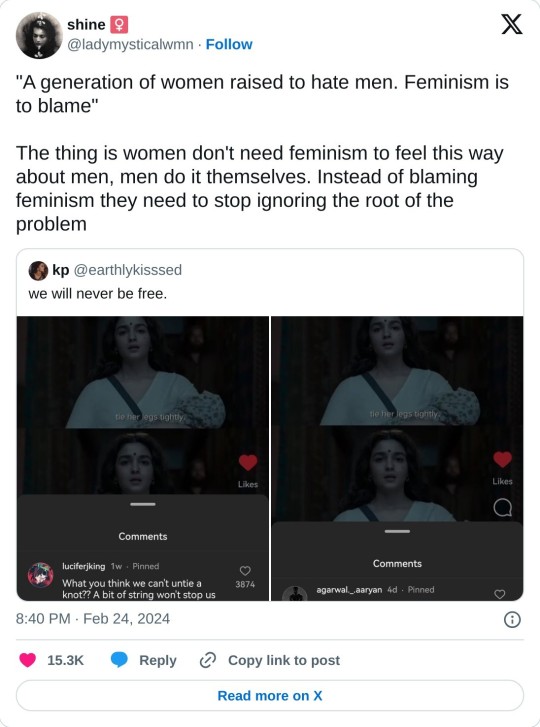
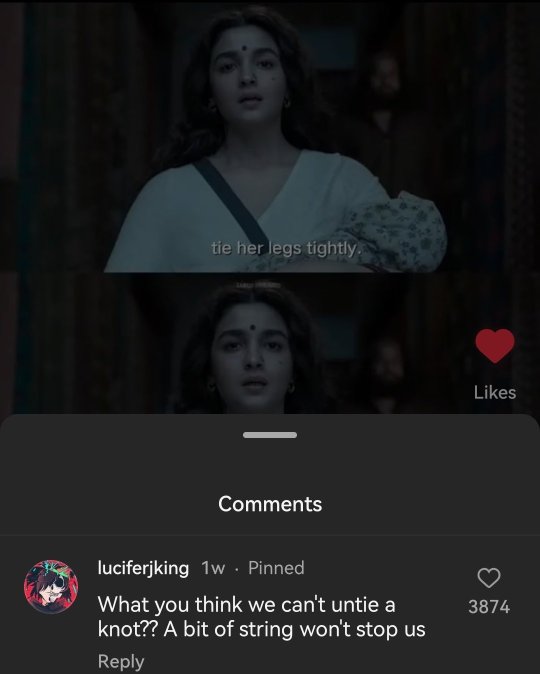
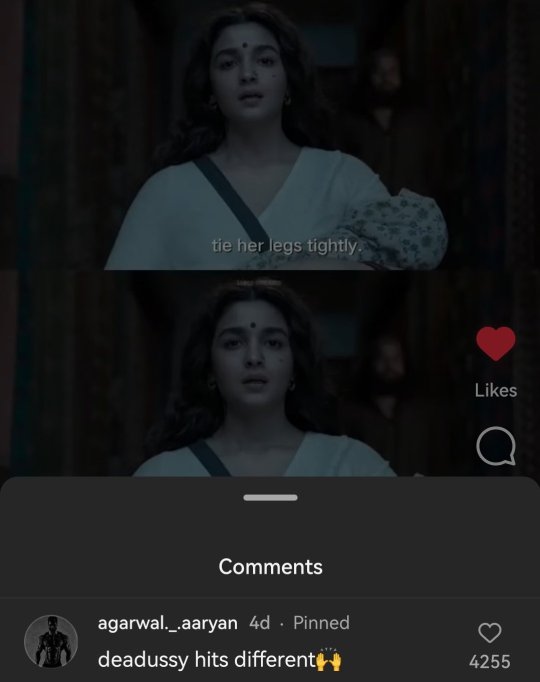
Before I took my first Feminist and Gender Studies course, I was already mindfully deconstructing and challenging mainstream mass media's representations of women's bodies and identities. As young as I can remember I was already cutting out advertisements in magazines and making art at 15, and making scrap books and art pieces at school on my own to protest the messages being consciously and subconsciously transmitted to young girls and women.
I wondered why I HAD to get married, why I HAD to have children, why I had to worry about what men thought of me constantly when I didn't need nor want male validation. Thinking I just 'wasn't ready" or 'hadn't met the right person yet' in high school, while deeply understanding I never really wanted either.
I didn't have a concept of feminist thought -only that feminist movements existed to 'give us the right to vote' (very superficially told that 'women have rights now because of how much women fought in the past' and this discourse both lacked reflexivity (feminism will always be relevant) and intersectionality and more).
I never learned about how institutionalized patriarchy hurts us all in many ways, nor did I know about internalized misogyny and the normalization of women being told to be complicit in their own dehumanization... no, I looked at the world around me and thought that there was a lot to be angered by -a lot to resist and question.
And sometimes we are unable to fully unpack so much without being introduced to 'theoretical tools,' but more often than not our learning/unlearning comes in waves and flows to every single one of us. And I find it wildly amusing that men -especially anonymous one's online reinforcing rape culture and misogyny, don't see themselves as part of the problem.
There would always be a desire for liberation. Feminist and women's movements gave us a language -gave us shape and named our oppression. I'm grateful for feminism. I'm glad I was able to make peace with so much in my life about gendered expectations and heteronormativity -but I am especially glad that I'm not like the people who see feminism as a poison -all those people are the real threats to so many of our lives -our safety, equality, equity, and liberation. There is a place to be critical of white feminism, of transphobia in feminist circles -of any form of hatred, but this... saying 'feminism is to blame' without introspecting is just beyond jarring and painfully ironic.
#feminist#feminism#social justice#internalized misogyny#intersectionality#intersectional feminism#intersectional social justice#feminist theory#feminism is important#feminism is for everyone#fuck the patriarchy#current events#fuck heteronormativity#heteronormativity#rape culture#gender studies#unlearning#tw sa
51 notes
·
View notes